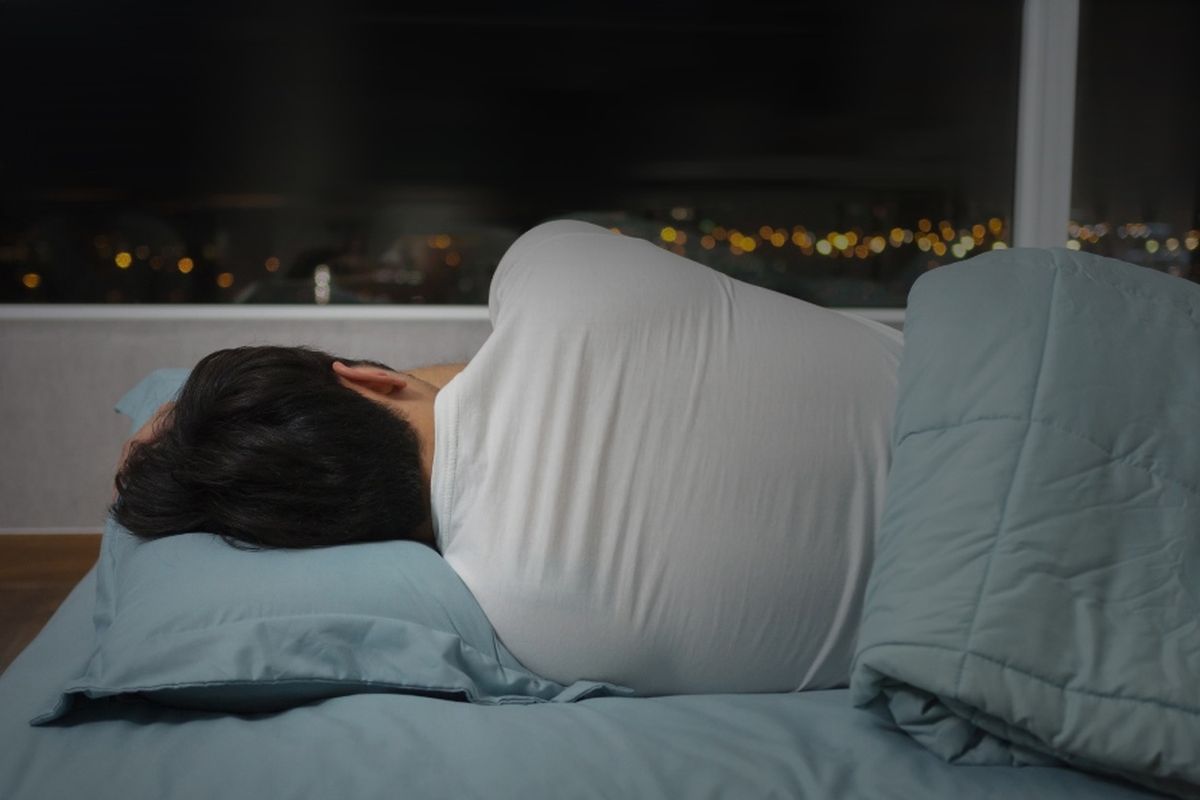
Discover why sleep is the foundation of good health
Diyes International – In today’s fast-paced world, sleep has become one of the most undervalued aspects of health. Many people proudly claim they can function on four or five hours of rest, as if it were a badge of honor. Yet science tells a different story one that’s impossible to ignore. Sleep isn’t a luxury; it’s a necessity. The quality of your rest directly influences your physical health, mental clarity, and even how long you live.
Sleep is far more than simply “shutting down” for the night. During those precious hours of rest, your body and brain go through an intricate series of processes restoring, repairing, and recharging.
Without enough time in these stages, your body misses out on critical recovery functions. This is why, after a sleepless night, you might not just feel tired you also feel moody, distracted, and physically sluggish.
Chronic sleep deprivation doesn’t just cause fatigue it can slowly damage your overall well-being. Numerous studies have linked poor sleep to serious health problems, including:
It’s not an exaggeration to say that better sleep can help you live longer. A large-scale study from the European Heart Journal found that people with consistent, good-quality sleep lived significantly longer and healthier lives than those who slept poorly or irregularly.
Sleep acts as a biological fountain of youth, allowing your cells to repair damage caused by stress, pollution, and daily wear and tear. During deep sleep, your brain also clears away toxic proteins associated with Alzheimer’s disease, which means rest quite literally keeps your mind young. When you prioritize sleep, you’re not just preventing disease you’re extending the quality and duration of your life.
Sleeping well doesn’t mean sleeping more hours; it means sleeping better. Quality rest is built on smart habits that support your body’s natural rhythm.
Go to bed and wake up at the same time every day even on weekends. This trains your internal clock (circadian rhythm) to know when it’s time to rest and when to be alert.
Keep the room cool, dark, and quiet. Avoid clutter and bright lights, and invest in a comfortable mattress and breathable bedding.
Blue light from phones and TVs interferes with melatonin production, the hormone that helps you fall asleep. Try switching to a book or relaxing music at least 30 minutes before bedtime.
Eating large meals or consuming caffeine close to bedtime keeps your body active when it should be winding down. Choose light snacks or herbal tea instead.
Deep breathing, meditation, or gentle stretching before bed can help lower stress hormones and calm your mind.
Exposure to sunlight during the morning helps regulate your circadian rhythm, making it easier to fall asleep naturally at night.
A quick nap can recharge your mind and improve focus, but timing is everything. Short naps of 15–20 minutes are ideal; they boost alertness without making you groggy. However, avoid napping late in the afternoon, as it can disrupt nighttime sleep.
In a society that glorifies productivity and “hustle,” sleep is often the first thing we sacrifice. But true productivity and happiness come from balance. Getting enough rest isn’t being lazy; it’s an act of self-respect and health preservation. Think of sleep as nutrition for your brain and body. Just as you wouldn’t skip meals or go days without water, you shouldn’t deny yourself the rejuvenation that comes from good sleep.
Your bed might just be the most powerful health tool you own. By choosing to sleep smarter, you give your body the chance to heal, your mind the clarity to focus, and your spirit the calm it needs to thrive. Rest is not a pause in life it’s a vital part of living well. So tonight, turn off the lights, put away your phone, and let your body do what it’s meant to do: restore itself. Because in the end, a good night’s sleep isn’t just about feeling better tomorrow it’s about living better for years to come.